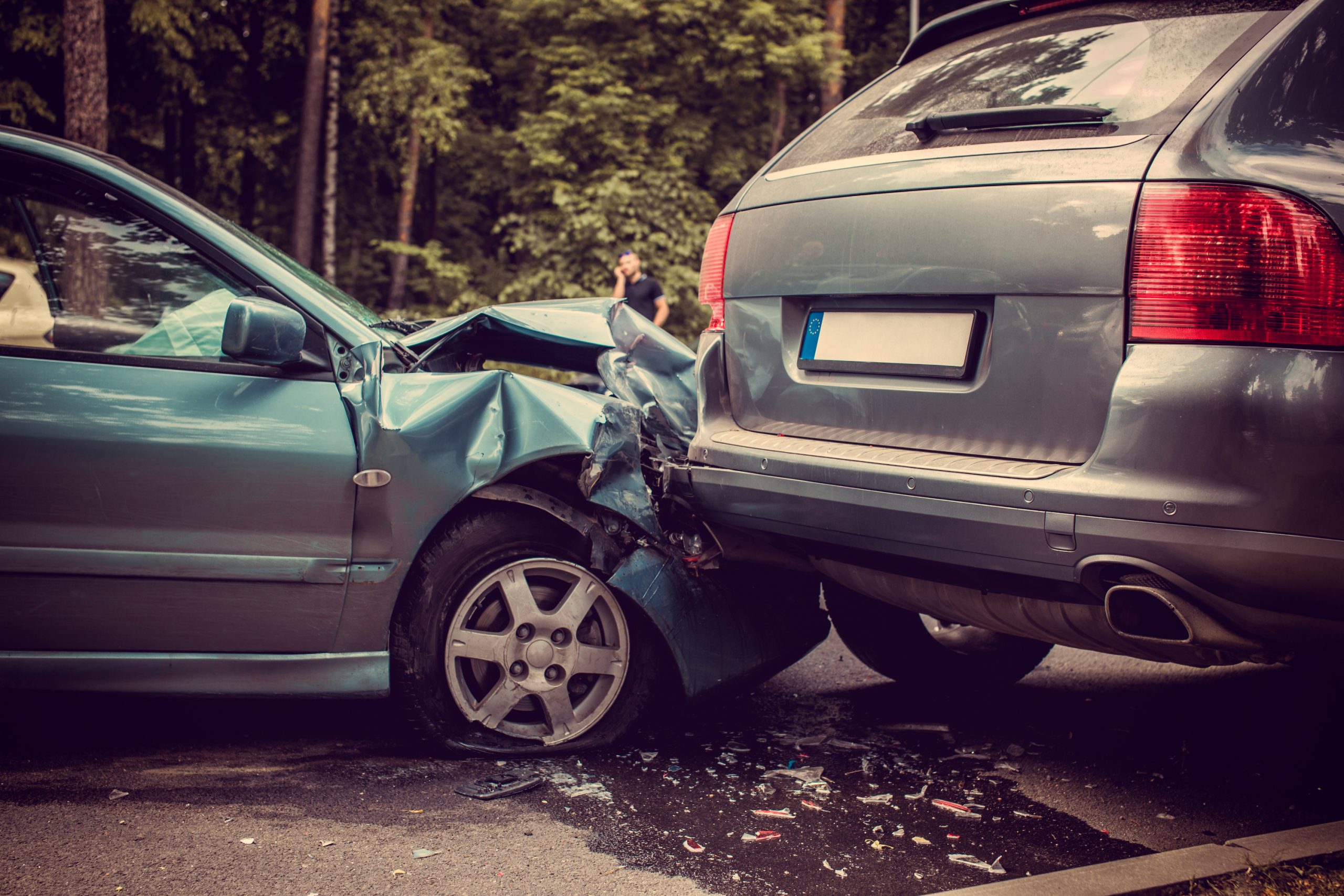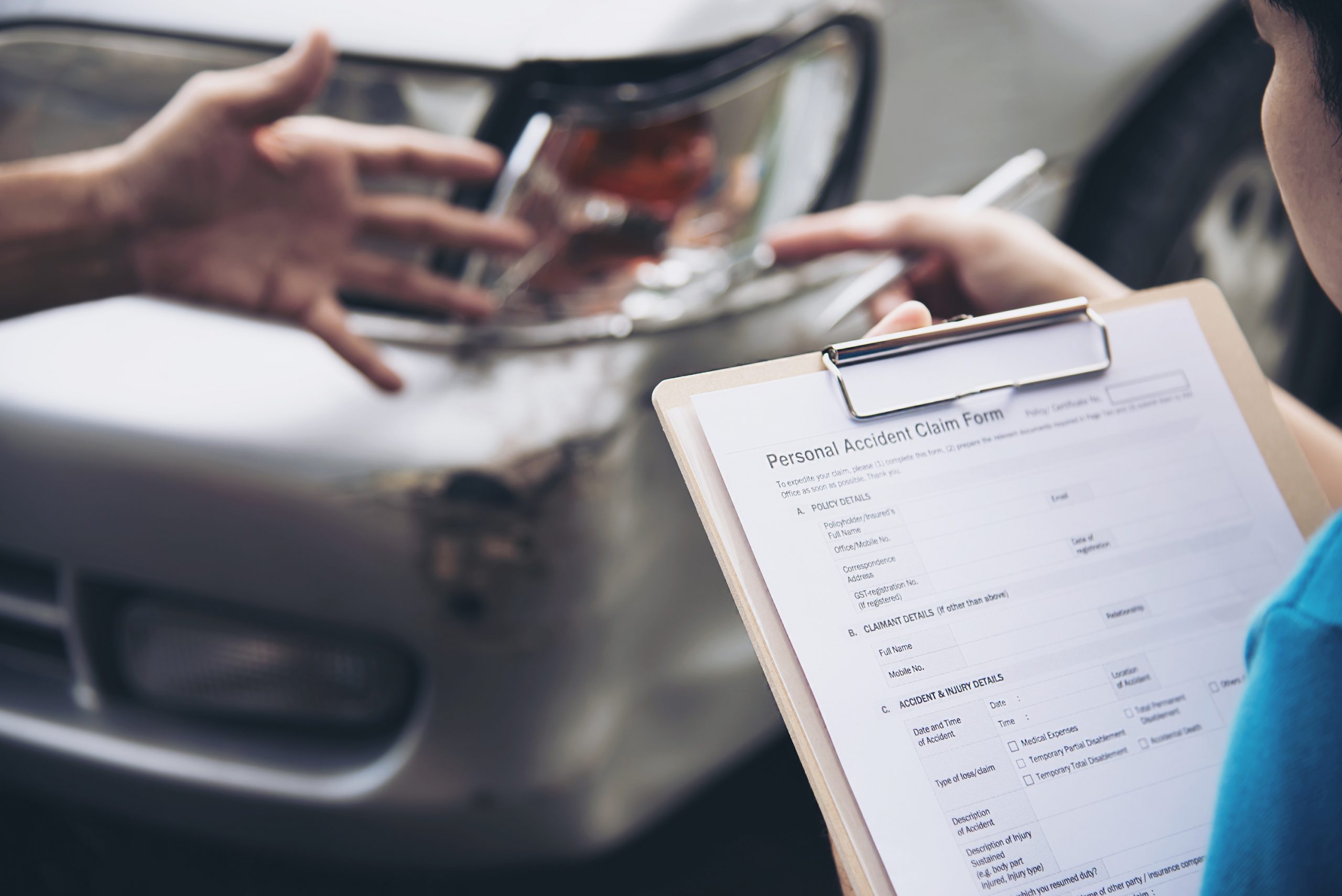Most work related injuries are covered by workers comp. But what if you are in a work related car accident? Does your coverage still apply?
This article will discuss all aspects of work related car accidents so you know what you are eligible for.

Different Types of Insurance Apply
Different types of insurance cover different types of damages in a work related car accident as follows:
- Worker’s comp insurance covers a worker’s medical expenses and lost wages.
- Liability insurance covers third-party damages including injuries to pedestrians, other drivers, and property damage. It will cover lost wages, medical bills, and third-party damages. It will also cover an employee’s legal fees if they are sued by an injured party.
- Auto insurance covers damage to the company vehicle and other vehicles.
If your employer does not have these insurance types, and you drive your vehicle for work related purposes, consider adding a rider to your policy. It will cover damages incurred to your vehicle when using it for business. It will increase your policy rate, but your employer may be willing to cover this expense.
Am I Eligible for Worker’s Comp Coverage in a Work Related Car Accident?
In most instances, the answer to this question is yes, you are eligible for workers comp coverage in a work related car accident. However, some exceptions apply.
You will not be eligible for coverage if:
- You were driving while intoxicated
- You were committing a crime during the trip (such as a traffic violation)
- You were running personal errands in a company vehicle (whether on the company clock or not)
- You are an independent contractor using your vehicle for work related purposes
Can I Be Compensated Even if the Work Related Car Accident Was My Fault?
Yes, you can be compensated even if the accident is your fault. That’s because fault does not affect worker’s comp. The insurance will also compensate victims so you don’t get sued.
However, if you get into an accident due to negligence, and the company you work for does not have worker’s comp, you will be fully responsible for the accident.
What If I Get Hit While in a Company Vehicle?

If a driver hit you while you were in a company vehicle, you can file a personal injury claim against them. Your damages should be covered by their liability insurance.
You can get additional compensation if you sue the driver and file a worker’s comp claim. You can sue the driver for negligence, recklessness, pain and suffering, intentional misconduct, and wrongful death. You may receive worker’s comp benefits as well.
However, your worker’s comp may take some or all the money you receive from the driver. For example, if you receive $5000 in workers comp and get a $20,000 settlement from the at-fault party, the insurance company may ask you to repay the $5000 out of your settlement. You may choose to consult a lawyer to negotiate how much of the settlement they can claim.
What If I Was in a Work Related Car Accident While Driving My Vehicle?
You must use your insurance to cover damage incurred to your vehicle during a work related car accident. However, if your insurance does not cover all damages, the victim may pursue damages from your employer’s insurance. Your medical expenses and lost wages may still be covered by worker’s comp.
When is an Employer Liable for a Work Related Car Accident?
Employers may be liable for work related car accidents if they:
- Fail to properly maintain their work vehicles
- Do not provide adequate training to their drivers
- Do not require drivers to get licensed and certified
- Force drivers to break laws or violate regulations by ordering them to drive long hours or overloading vehicles
What is Vicarious Liability?
Vicarious liability means that an employer is ultimately responsible for their employee’s accidents and negligent behavior. It states that an employer should always supervise their employees to prevent them from causing accidents. If they fail to do so, they must pay for damages.
However, vicarious liability has its limits. For example, an employer will not be responsible for an employee’s actions if they are not work related or occur during off hours. Employers are also not liable for the activities of most independent contractors.
Vicarious liability can get confusing. A lawyer may be brought in to establish fault.
Special Circumstances May Apply
There are special circumstances that apply to rideshare and taxicab drivers.
Taxi drivers technically lease their vehicles from the company. Your contract will specify what insurance covers and what you are liable for. You may consult a lawyer if you feel you are treated unfairly.
Uber and Lyft drivers are also eligible for compensation, but their eligibility varies depending on whether they were on call, actively working, or off duty when the accident occurred. The insurance may also cover other drivers and passengers depending on the nature of the incident.
FAQs

I
I was injured while commuting to work. Does this count as a work related car accident?
Accidents that occur while commuting are generally not considered work related accidents. Employees would not be compensated for their damages under these circumstances.
My car was hit in my workplace parking lot. Is this considered a work related car accident?
Your employer is not responsible for accidents that occur in the workplace parking lot. You must pursue the person who hit you for damages.
What if I was involved in an accident during a business trip?
An employer may be responsible for accidents that occur during business trips. It depends if the employee was working at the time the accident occurred.
You can receive compensation in a work related car accident. But special circumstances apply. Consult an expert if you are unsure of your rights. Good luck getting the compensation you deserve.
